Natural Supplements For Anxiety
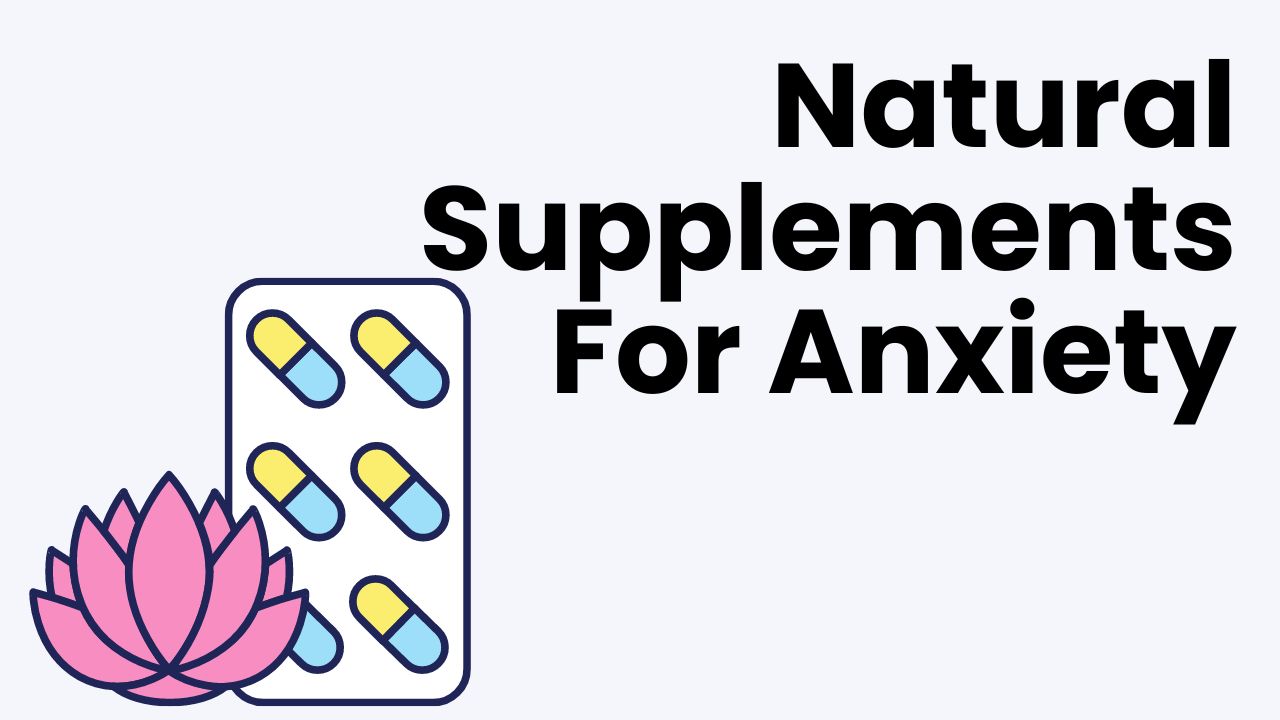
Anxiety is a common mental health issue that affects millions of people worldwide. It can be characterized by feelings of unease, worry, and fear that can significantly impact daily life. While there are various treatment options available for anxiety, many individuals are turning to natural supplements as a potential solution.
Natural supplements have gained popularity due to their perceived effectiveness in reducing anxiety symptoms without the risk of serious side effects associated with prescription medications. In fact, a review of randomized controlled trials found that 71% of studies showed positive evidence supporting the use of nutritional and herbal supplementation for anxiety.
These supplements work by targeting different mechanisms in the body that contribute to anxiety. For example, vitamin D3 has been shown to play a role in regulating mood and reducing symptoms of depression, which often coexist with anxiety. Magnesium helps relax muscles and promote calmness, while melatonin regulates sleep patterns and promotes relaxation.
Omega-3 fatty acids have anti-inflammatory properties that may help reduce anxiety symptoms, while chamomile acts as a mild sedative and promotes relaxation. Valerian root has been used for centuries as a natural remedy for anxiety and insomnia, while ashwagandha has adaptogenic properties that can help the body cope with stress. Kava is another popular supplement known for its calming effects.
While these natural supplements have shown promise in managing anxiety, it's important to note that individual responses may vary. It's recommended to consult with a healthcare professional before starting any new supplement regimen to ensure safety and efficacy.
How Can Supplements Help With Anxiety?
Supplements can play a beneficial role in managing anxiety symptoms. They work by targeting different mechanisms in the body that contribute to anxiety. Here are some ways in which supplements can help with anxiety:

- Balancing Neurotransmitters: Certain supplements, such as L-theanine and ashwagandha, have been shown to support the balance of neurotransmitters like serotonin and gamma-aminobutyric acid (GABA), which play a crucial role in regulating mood.
- Promoting Relaxation: Magnesium and chamomile have calming properties that help relax muscles and promote a sense of calmness.
- Regulating Sleep Patterns: Melatonin is a hormone that regulates sleep-wake cycles, promoting better sleep quality. Good sleep is essential for managing anxiety.
- Reducing Inflammation: Omega-3 fatty acids have anti-inflammatory properties that may help reduce inflammation in the brain, which has been linked to anxiety disorders.
- Enhancing Mood: Vitamin D3 deficiency has been associated with an increased risk of depression and anxiety. Supplementing with vitamin D3 may improve mood and reduce symptoms of anxiety.
While supplements can be helpful, it's important to note that they should not replace professional medical advice or prescribed treatments for severe cases of anxiety disorders. It's always best to consult with a healthcare professional before starting any new supplement regimen to ensure safety and effectiveness.
Top Natural Supplements For Anxiety
When it comes to managing anxiety, natural supplements can be a helpful addition to your routine. Here are some of the top natural supplements that may help ease anxiety:
- Vitamin D3: Research has shown a link between low levels of vitamin D and increased risk of anxiety. Supplementing with vitamin D3 may improve mood and reduce symptoms of anxiety.
- Magnesium: This essential mineral plays a crucial role in regulating neurotransmitters and promoting relaxation. Studies have found that magnesium supplementation can reduce symptoms of anxiety.
- Melatonin: A hormone that regulates sleep-wake cycles, melatonin can help improve sleep quality, which is important for managing anxiety.
- Omega-3 Fatty Acids: These healthy fats have anti-inflammatory properties and may help reduce inflammation in the brain associated with anxiety disorders.
- Chamomile: Known for its calming properties, chamomile tea or supplements can promote relaxation and reduce feelings of anxiety.
- Ashwagandha: An adaptogenic herb, ashwagandha has been shown to support the balance of neurotransmitters like serotonin and GABA, helping to alleviate symptoms of anxiety.
It's important to note that while these supplements have shown promise in managing anxiety symptoms, individual results may vary. It's always best to consult with a healthcare professional before starting any new supplement regimen.
Vitamin D3:

Vitamin D3 is an essential nutrient that plays a crucial role in our overall health and well-being. It is often referred to as the "sunshine vitamin" because our bodies produce it when exposed to sunlight. However, many people do not get enough sun exposure or consume sufficient dietary sources of vitamin D.
Research has found a link between low levels of vitamin D and an increased risk of anxiety. Supplementing with vitamin D3 may help improve mood and reduce symptoms of anxiety. Vitamin D3 helps regulate serotonin, a neurotransmitter that affects mood, and low levels have been associated with depression and anxiety disorders.
It's important to note that individual results may vary when taking vitamin D3 supplements for anxiety. Consulting with a healthcare professional before starting any new supplement regimen is always recommended.
In terms of dosage, the recommended daily intake for vitamin D varies depending on age and other factors. However, most experts suggest aiming for 600-800 IU (International Units) per day for adults.
While getting enough sunlight and consuming foods rich in vitamin D (such as fatty fish, fortified dairy products, and egg yolks) are important for maintaining optimal levels, supplementation may be necessary if you have a deficiency or limited sun exposure.
Overall, adding a vitamin D3 supplement to your routine could potentially support your mental well-being by reducing symptoms of anxiety.
Magnesium:
Magnesium is a natural supplement that has gained popularity for its potential to help with anxiety. It is known for its overall calming effect on the body and mind. Research suggests that magnesium may inhibit stress responses by preventing over-excitation through a neurotransmitter called glutamate.
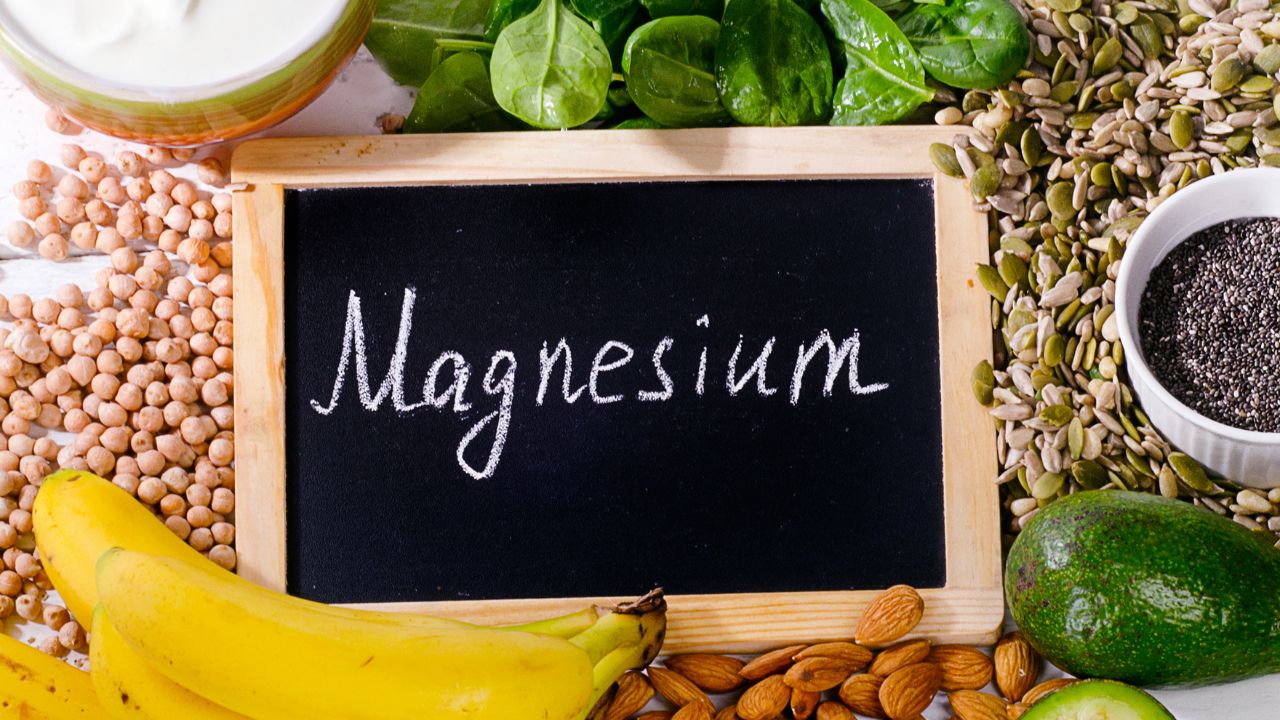
Glutamate plays a crucial role in brain processes, and excessive levels have been associated with various mental health conditions, including anxiety. By regulating glutamate activity, magnesium may help reduce feelings of anxiety and promote relaxation.
It's important to note that while magnesium supplementation may offer some benefits for anxiety, it is not a cure-all solution. Mental distress is complex and can result from multiple factors. Relying solely on one supplement's outcome may lead to disappointment if it doesn't significantly change your overall well-being.
If you're considering trying magnesium supplements for anxiety, it's best to consult with a healthcare professional first. They can assess your individual needs and provide guidance on the appropriate dosage and form of magnesium supplementation.
Remember that incorporating other self-care practices such as regular exercise, healthy eating habits, adequate sleep, and stress management techniques are also essential in managing anxiety effectively.
Melatonin:
Melatonin is a natural supplement that has gained attention for its potential to help with anxiety. It is primarily known for its role in regulating sleep-wake cycles and promoting better sleep, but it may also have an impact on anxiety symptoms.
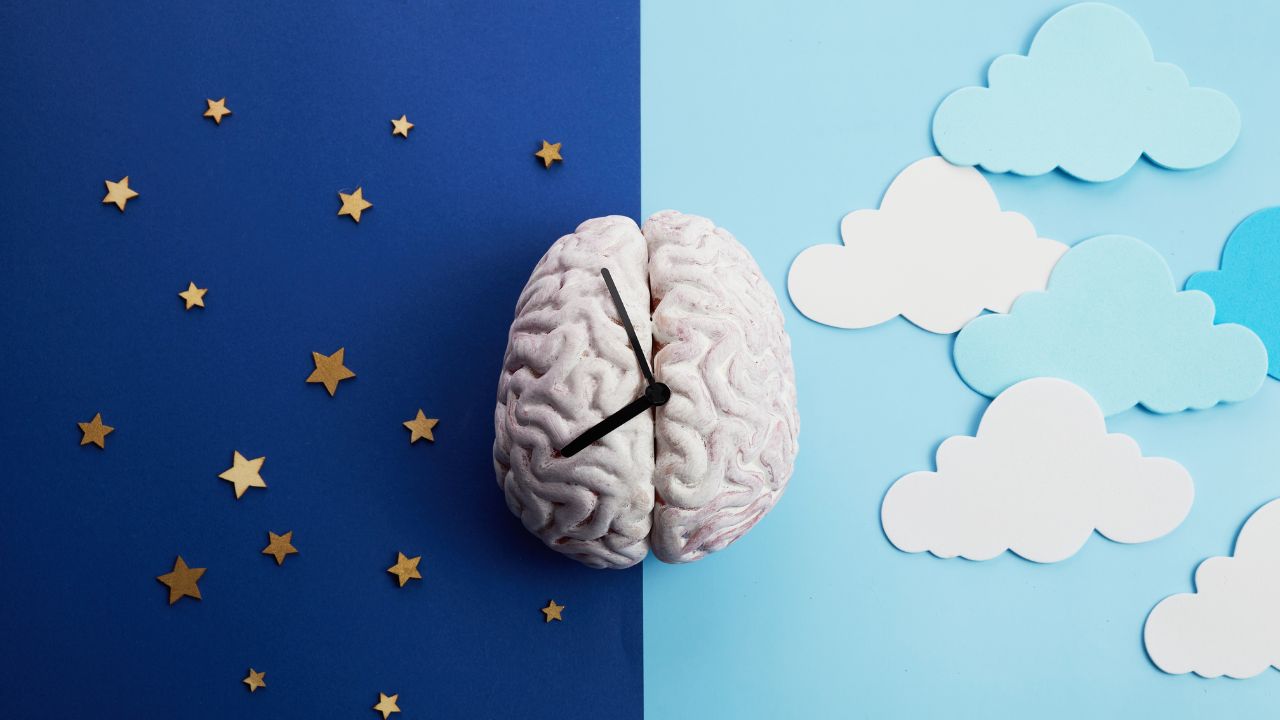
Research suggests that melatonin may increase levels of gamma-aminobutyric acid (GABA) in certain parts of the brain. GABA is a neurotransmitter that helps regulate neuronal activity and has a calming effect on the body. By increasing GABA levels, melatonin may help reduce symptoms of anxiety.
Most studies on melatonin and anxiety have focused on individuals undergoing surgical procedures. However, anecdotal evidence from people using melatonin as a sleep aid suggests that it may also alleviate anxiety symptoms.
When considering melatonin supplementation for anxiety, it's important to note that the optimal dosage is not yet clear. Clinical studies have used doses ranging from 3 to 10 milligrams (mg), typically taken before bedtime. It's advisable to start with lower doses and gradually increase if necessary under the guidance of a healthcare professional.
While melatonin shows promise as a natural supplement for managing anxiety, further research is needed to fully understand its effectiveness and safety profile. As with any supplement, it's essential to consult with a healthcare professional before starting melatonin or adjusting your dosage.
Omega-3 Fatty Acids:
Omega-3 fatty acids are essential fats that our bodies need for optimal health. They play a crucial role in brain function and have been linked to various benefits, including reducing anxiety symptoms.

Studies have shown that omega-3 fatty acid supplements may help ease anxiety in individuals diagnosed with physical and mental health conditions. A review published in JAMA Network Open combined findings from 19 different studies involving 1,200 participants and found that omega-3 supplements were effective in reducing anxiety symptoms when compared to a placebo.
The exact mechanism by which omega-3 fatty acids reduce anxiety is not yet fully understood. However, it is believed that their anti-inflammatory properties and ability to regulate neurotransmitter function in the brain contribute to their anxiolytic effects.
To incorporate more omega-3 fatty acids into your diet, you can consume foods rich in these healthy fats such as fatty fish (salmon, mackerel), flaxseeds, chia seeds, walnuts, and soybeans. Alternatively, you can consider taking omega-3 supplements like fish oil capsules or algae-based supplements.
It's important to note that while omega-3 fatty acids show promise for managing anxiety symptoms, they should not be used as a standalone treatment. It's always best to consult with a healthcare professional before starting any new supplement regimen or adjusting your dosage.
Chamomile:
Chamomile is a popular herbal remedy known for its calming properties and potential to alleviate anxiety symptoms. It has been used for centuries as a natural way to promote relaxation and reduce stress.
Research suggests that chamomile may have anxiolytic and antidepressant effects. A preliminary study conducted on humans found that chamomile extract had potential benefits in reducing generalized anxiety disorder (GAD) symptoms. However, more controlled trials are needed to fully establish its effectiveness.
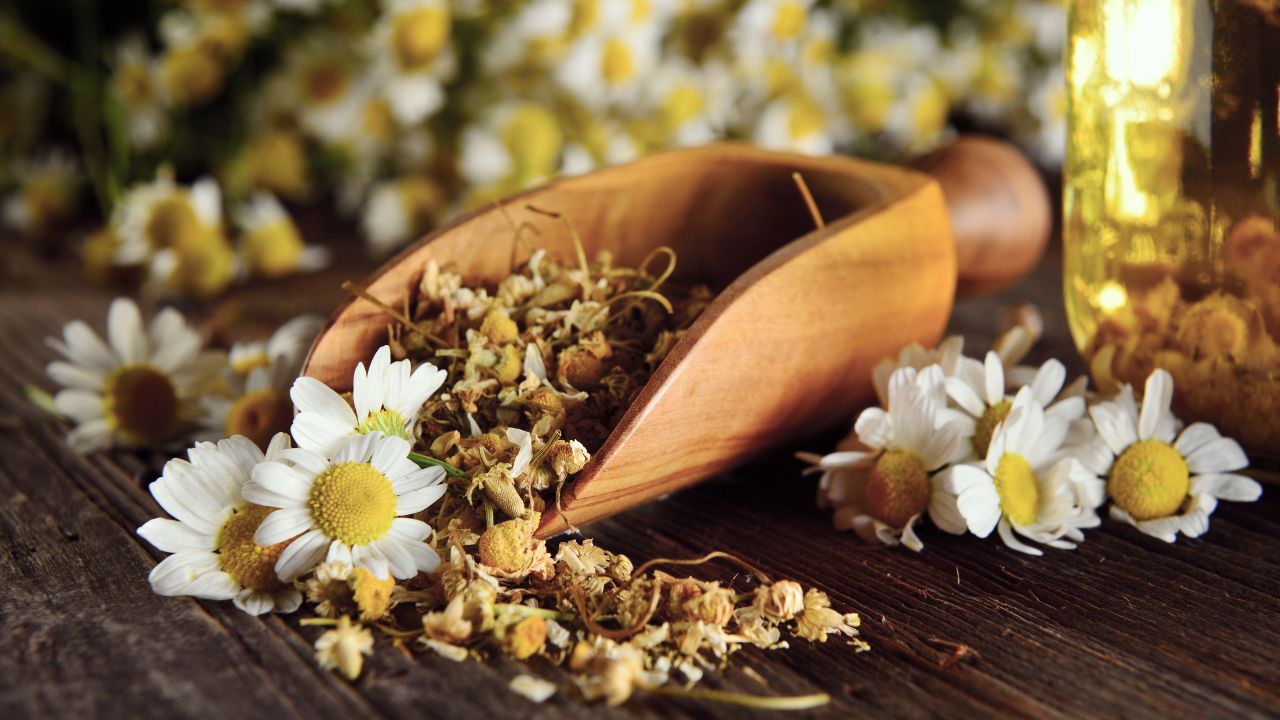
Chamomile contains several bioactive compounds, including flavonoids and terpenoids, which are believed to contribute to its therapeutic effects. These compounds may interact with receptors in the brain involved in the regulation of mood and anxiety.
To enjoy the potential benefits of chamomile, it can be brewed into a tea or taken in supplement form. Chamomile tea is widely available and can be enjoyed throughout the day as part of a relaxation routine. It is generally considered safe, but individuals with allergies to plants in the daisy family should exercise caution.
While chamomile may offer some relief from anxiety symptoms, it is important to consult with a healthcare professional before incorporating any new supplements or treatments into your routine.
Valerian Root:
Valerian root is a popular herbal remedy that has been used for centuries to ease insomnia, anxiety, and nervous restlessness. It has been recognized for its potential effectiveness in improving sleep quality. Taking valerian root extract orally, at a dose of 300-600 mg daily, has shown promising results in enhancing sleep.

Valerian root contains several compounds that are believed to have a calming effect on the brain and nervous system. These compounds may interact with certain receptors in the brain involved in regulating sleep and anxiety.
While valerian root is generally considered safe for short-term use, it is important to note that long-term safety and efficacy have not been extensively studied. Some individuals may experience mild side effects such as stomach upset or headaches.
It is advisable to consult with a healthcare professional before starting any new supplement regimen, especially if you are taking other medications or have underlying health conditions. They can provide personalized advice based on your specific situation and help determine if valerian root is suitable for you.
Ashwagandha:
Ashwagandha is a popular herb in Ayurvedic medicine that has been used for centuries to promote relaxation and reduce stress. Numerous studies have shown its potential effectiveness in reducing anxiety levels and improving overall well-being.
One systematic review conducted in 2021 analyzed seven clinical trials involving a total of 491 adults with high stress and anxiety. The participants were randomly assigned to take either ashwagandha or a placebo for 6 to 8 weeks. The results indicated that those who took ashwagandha experienced significant reductions in stress and anxiety compared to the placebo group.
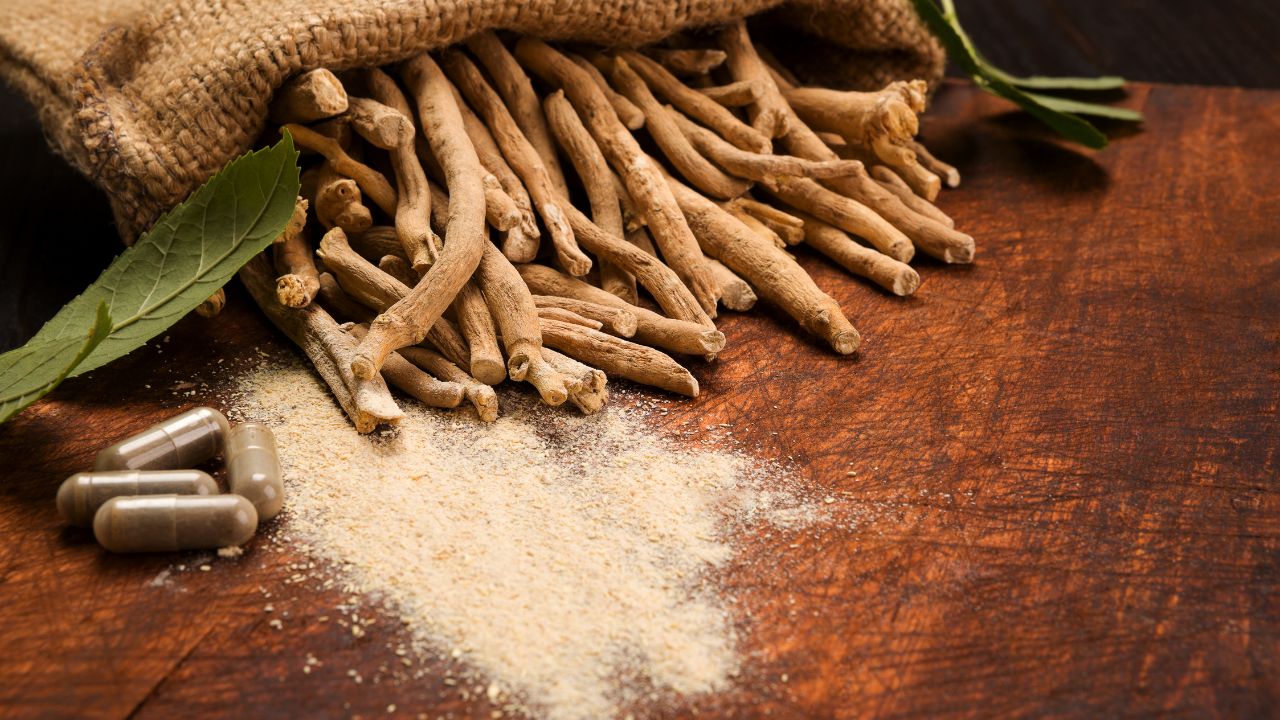
Additionally, ashwagandha has been found to improve sleep quality, reduce fatigue, and lower levels of cortisol, a hormone associated with stress. These benefits make it an attractive natural supplement for those seeking relief from anxiety symptoms.
It's important to note that while ashwagandha appears promising for managing anxiety, further research is needed to fully understand its mechanisms of action and long-term effects. As always, it's recommended to consult with a healthcare professional before starting any new supplement regimen. They can provide personalized advice based on your specific needs and help determine if ashwagandha is suitable for you.
Kava:
Kava is a natural supplement that has been used for centuries to promote feelings of relaxation and reduce anxiety. Numerous studies have found kava to be effective in treating symptoms associated with anxiety, insomnia, and related nervous disorders.
In a review of seven scientific studies, researchers concluded that a standardized kava extract was significantly more effective than a placebo in treating anxiety. Another study found that kava substantially improved symptoms after just one week of treatment.
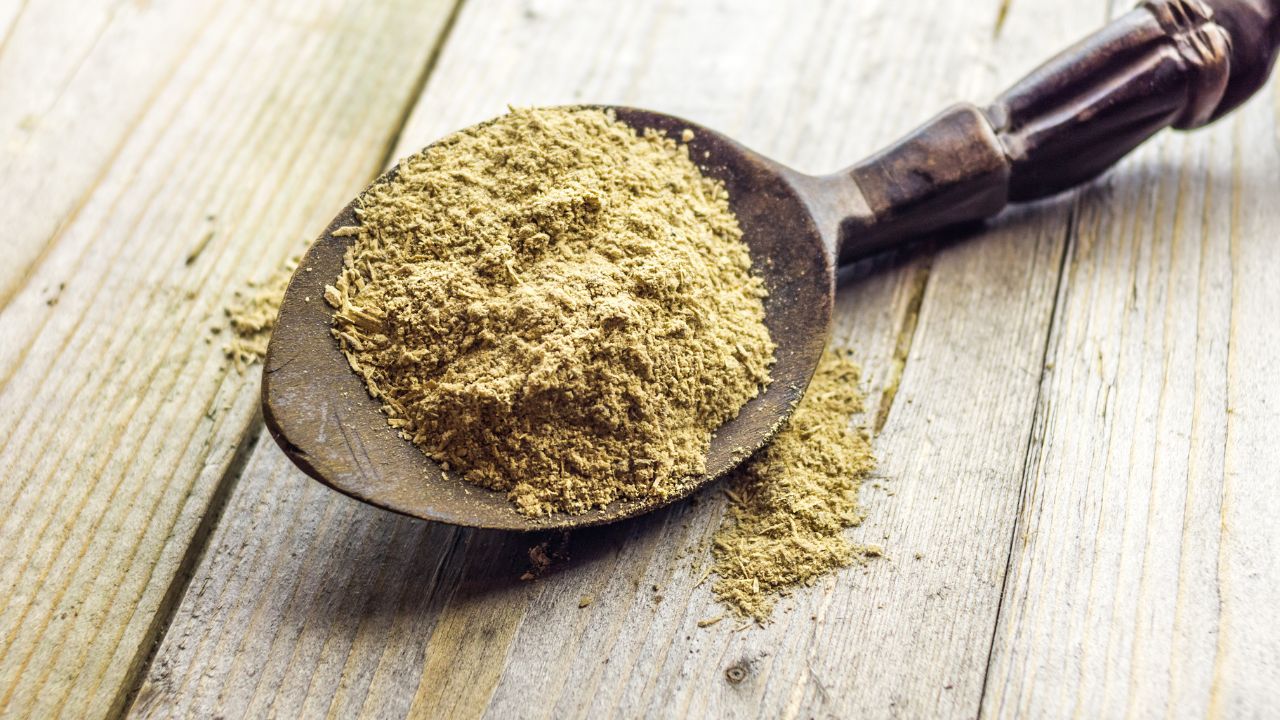
Kava is known to elevate mood, promote well-being, and induce a feeling of relaxation. It may be helpful in the treatment of anxiety and its associated symptoms. However, it's important to note that there are concerns about potential liver damage associated with long-term use or excessive consumption of kava.
Despite these concerns, evidence suggests that kava can be beneficial for individuals experiencing anxiety. As always, it's recommended to consult with a healthcare professional before starting any new supplement regimen, especially if you have underlying health conditions or are taking medications.
Overall, while kava may offer relief from anxiety symptoms, it's important to weigh the potential risks and benefits before incorporating it into your routine.
Are There Any Supplements You Should Avoid
While there are many natural supplements that can help with anxiety, it's important to be aware of certain ones that you should avoid. Not all supplements are created equal, and some may have adverse effects or interact negatively with medications you may be taking.
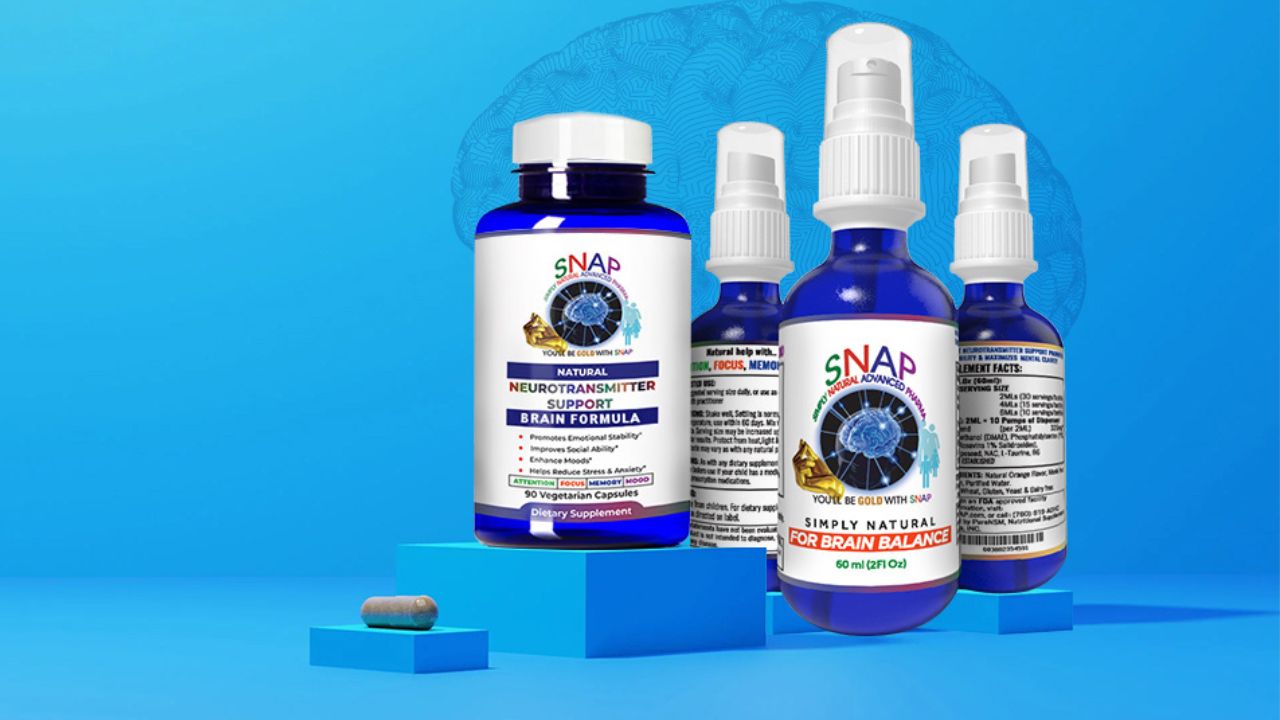
Here are a few supplements to exercise caution with:
- St. John's Wort: This herbal supplement is commonly used for depression and mood disorders, but it can interfere with the effectiveness of certain medications, such as birth control pills and antidepressants.
- Passionflower: While passionflower is often used for anxiety relief, it may cause drowsiness and interact with sedatives or anti-anxiety medications.
- Kava: Although kava has been traditionally used to reduce anxiety symptoms, long-term use or excessive consumption has been linked to liver damage.
- Ginseng: Ginseng is known for its energizing properties, but it can also increase heart rate and blood pressure, which may exacerbate anxiety symptoms in some individuals.
It's crucial to consult with a healthcare professional before starting any new supplement regimen, especially if you have underlying health conditions or take other medications. They can provide personalized advice based on your specific needs and help you make informed decisions about which supplements are safe for you to take.
What Are The Risks
While natural supplements can be helpful for anxiety, it's important to be aware of potential risks. Although these supplements are generally considered safe, they may still have side effects or interact with certain medications.
One risk is the potential for allergic reactions. Some people may have allergies to specific ingredients in supplements, such as chamomile or valerian root. It's important to read labels carefully and consult with a healthcare professional if you have any known allergies.
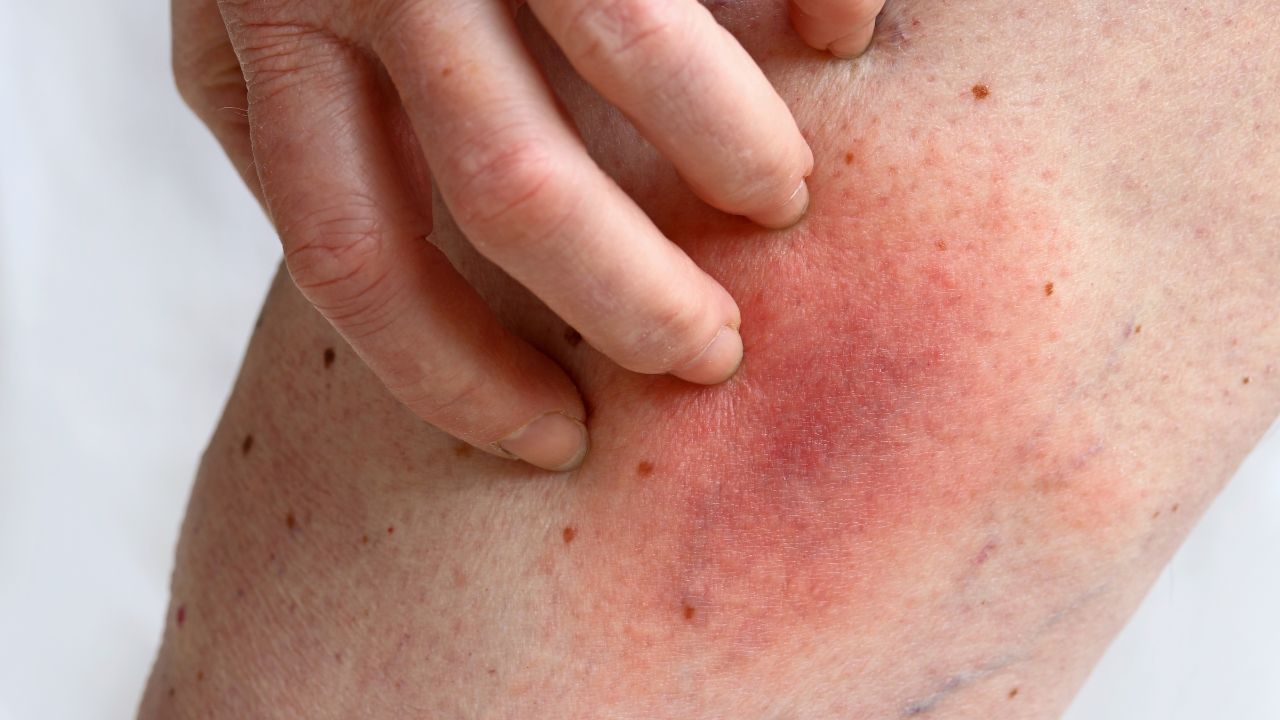
Another risk is the possibility of interactions with medications. Certain supplements, like St. John's Wort, can interfere with the effectiveness of certain medications, including birth control pills and antidepressants. This can lead to decreased efficacy or increased side effects.
Additionally, some herbal supplements may cause drowsiness or sedation. This can be problematic if you need to drive or operate machinery while taking these supplements.
Lastly, long-term use of certain supplements, such as kava, has been associated with liver damage in some cases.
To minimize these risks, it's essential to consult with a healthcare professional before starting any new supplement regimen. They can assess your individual circumstances and provide guidance on which supplements are safe for you to take based on your medical history and current medications.
How Can I Get Started
If you're interested in trying natural supplements for anxiety, it's important to approach it with caution and consult with a healthcare professional. They can provide personalized advice based on your specific needs and circumstances.
To get started, follow these steps:
- Research reputable brands: Look for trusted brands that have a good reputation and adhere to quality standards. Read reviews and check for certifications or third-party testing.
- Consult with a healthcare professional: Before starting any new supplement regimen, speak with your doctor or a qualified healthcare provider. They can assess your individual situation, review any potential interactions with medications you may be taking, and recommend appropriate dosages.
- Start with one supplement at a time: It's generally recommended to introduce one supplement at a time so that you can monitor its effects on your body and determine if it is helping reduce your anxiety symptoms.
- Monitor your response: Keep track of how the supplement affects you over time. Pay attention to any changes in mood, sleep patterns, or other symptoms related to anxiety.
- Give it time: Natural supplements may take some time before you notice significant improvements in your anxiety symptoms. Be patient and consistent in taking the supplements as recommended by your healthcare provider.
Remember that natural supplements are not meant to replace conventional treatments for anxiety such as therapy or medication but can be used as complementary approaches under medical guidance.
Always prioritize self-care practices like exercise, proper nutrition, stress management techniques along with seeking support from mental health professionals when dealing with anxiety.
Conclusion
Anxiety is a widespread and often debilitating condition, but natural supplements can provide a safe and effective option for managing symptoms. From vitamins and minerals to herbs and adaptogens, there are numerous natural remedies that can help promote relaxation, reduce stress, and support overall well-being.
However, it's crucial to consult with a healthcare professional before starting any new supplement regimen, as they can guide you on the appropriate choices and dosages based on your individual needs and medical history. By incorporating natural supplements into a comprehensive wellness plan, you can take a proactive approach to managing anxiety and improving your overall quality of life.
Take Charge of
Your Brain Health Today!
Shop Now!
Similar Articles:
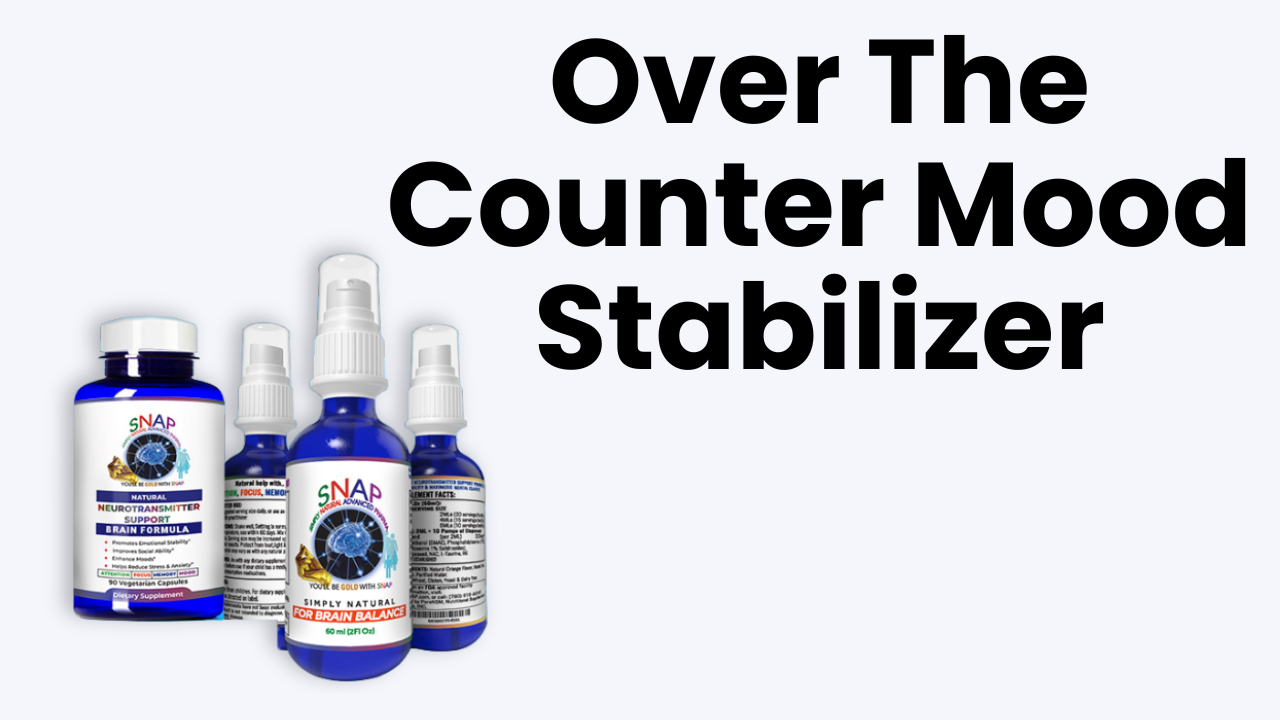
Over the Counter Mood Stabilizer
In the fast-paced, ever-evolving landscape of modern society, the prevalence of neurological and behavioral...
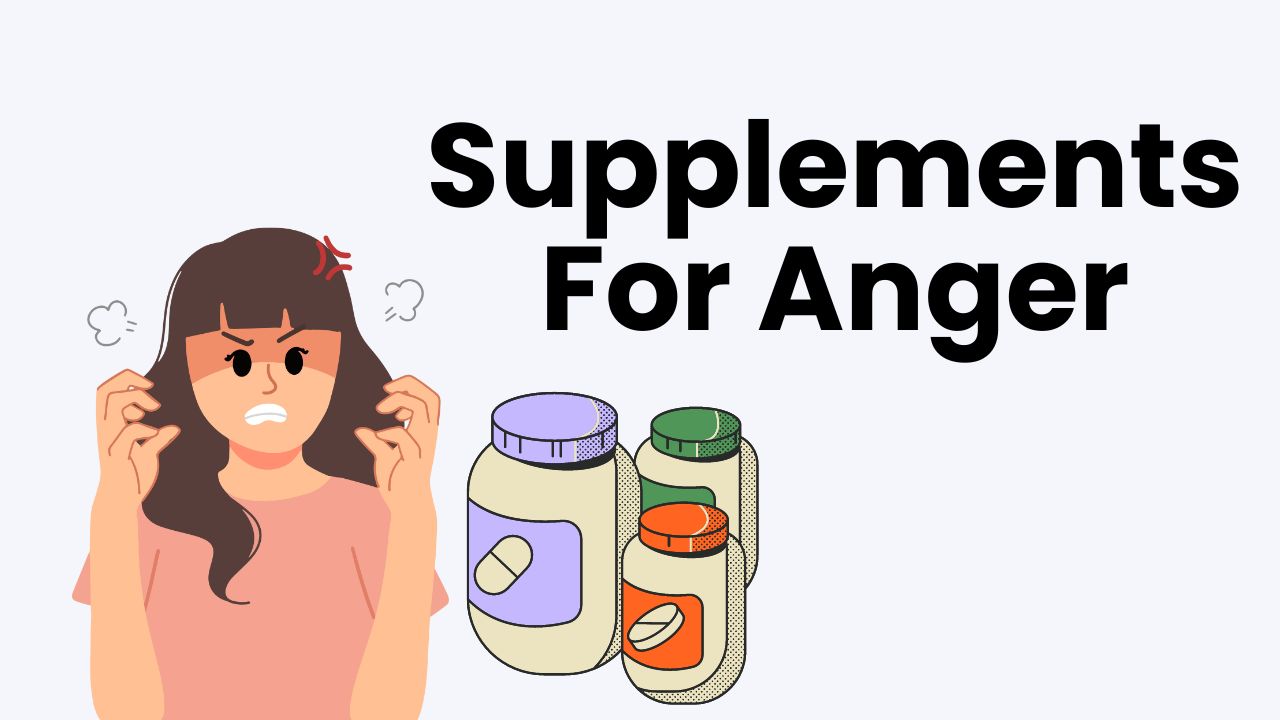
Supplements For Anxiety
Anger is a natural human emotion that can be triggered by various factors, such as stress, frustration...
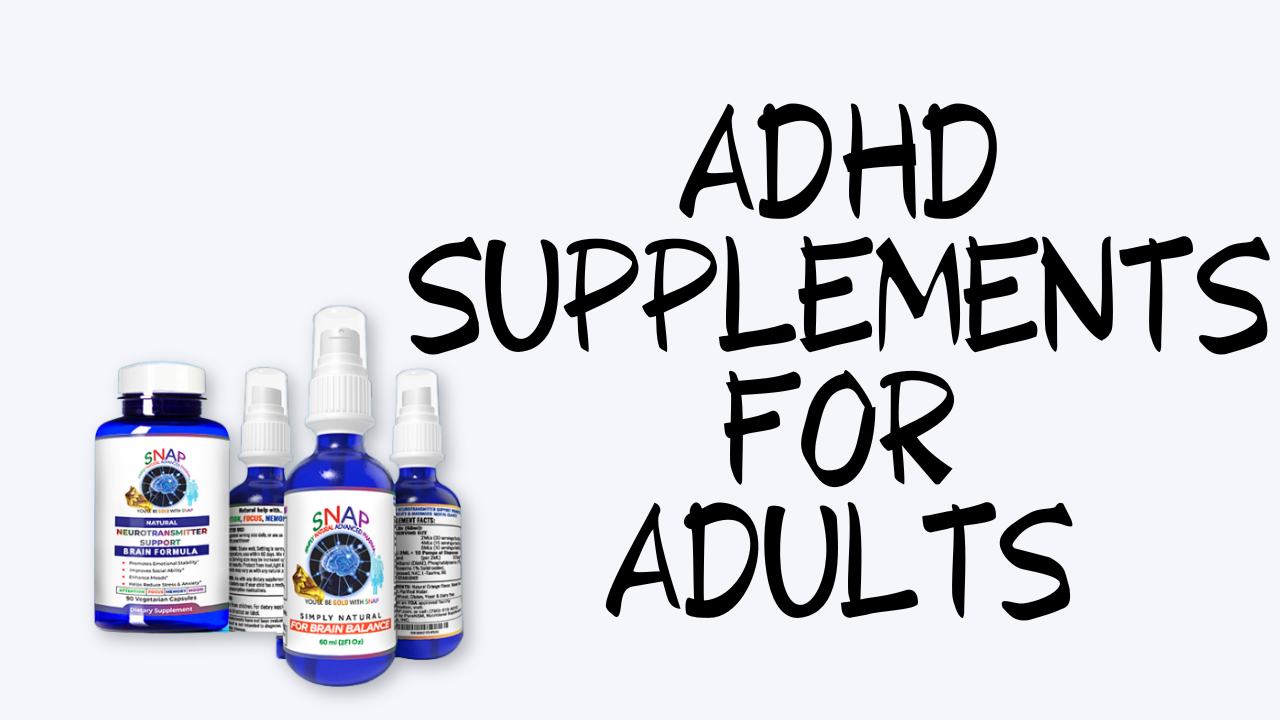
ADHD Supplements for Adults
Attention-Deficit/Hyperactivity Disorder (ADHD) is a neurodevelopmental condition characterized...